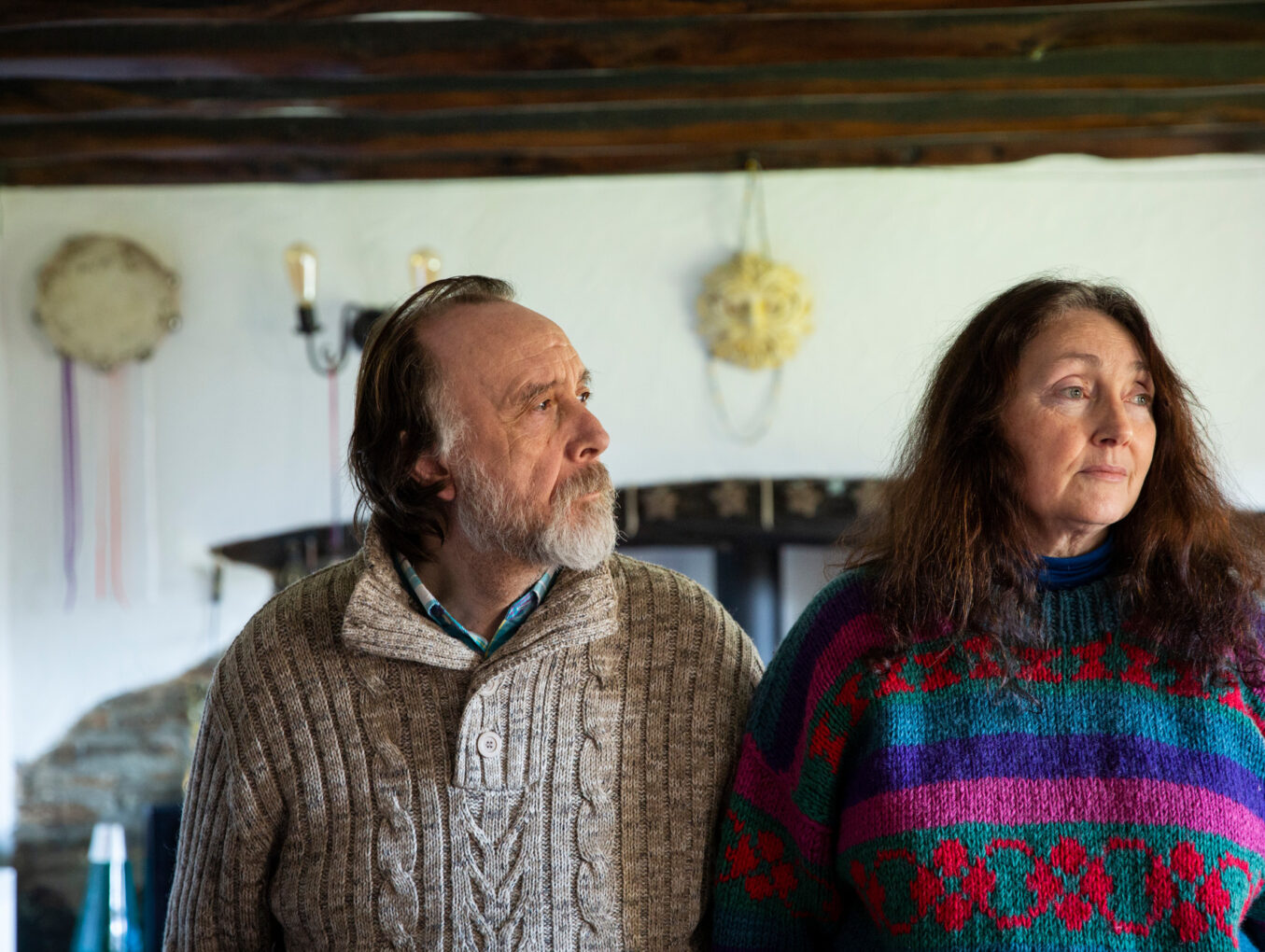Guest blog: Erika Chabén (Senior Policy Officer) and Morgan Vine (Head of Policy and Influencing) at Independent Age.
Independent Age is a national older people’s charity that supports people facing financial hardship in later life. We offer free and impartial advice and information and give grants to community organisations. We use the knowledge and understanding gained from our frontline services to improve policy for the older people we support.
In this guest blog for Shelter, we explore the unique and disproportionate challenges older people face in the rental sector, highlighting the urgent need for a robust Renters Reform Bill to return to parliament and be passed into law.
Older renters are being impacted by insecure private renting
When people think about ‘renters’, it’s easy to assume that people in their seventies and eighties don’t form part of this group, but that isn’t the case. The hidden reality is that the number of older private renters in England is on the rise.
’I’ve only been here three years, but it’s very much become my home, and I would be devastated if I had to leave it.’
Madelaine, 70
Independent Age’s new report, ‘Hidden renters: the unseen faces of the rising older rent wave’, reveals the varied and harsh realities that older renters on a low income experience within the private rental sector. This research is based on over 40 in-depth interviews with older private renters as well as national polling for England.
Older renters are a growing group with multiple concerns and vulnerabilities. They’re three times more likely to be in poverty compared to older homeowners. Financial struggles, as well as the lack of adequate housing, have caused many to share concerns about the security of tenure of their homes.
’Always the thought in the back of your mind – especially with section 21 and everything – is that I could, one day, just be given notice. I have no security at all.’
Sheila, 71, Devon
No-fault evictions (or section 21 evictions) mean that all private renters lack security and are at risk of eviction at any time, even if they’ve done nothing wrong. YouGov polling commissioned by Independent Age found that 17% of all older private renters were concerned that their landlord could ask them to move out unexpectedly within the next 12 months.
Moving house usually requires significant effort, but for older renters living on a low income, moving is a cost they often can’t afford. On top of this, it can be incredibly stressful finding a suitable and adequate home, for example, if they need a ground floor flat due to mobility issues.
Older renters face additional barriers when looking for a new home
Discrimination is a problem faced by many older renters on a low income. Michael, 69, who has been living at a friend’s house, told Independent Age:
’Not having a secure place to live is an unpleasant situation, you have no peace of mind… I have just over £800 a month. It wouldn’t be enough to rent a place. When I’m trying to rent somewhere I think people do look at you and put you to the back of the queue. I spoke to a letting agent, and I told her I’m on pension credit and I’m not employed, and she said: “There’s 40 to 50 applicants for every one of these one-bedroom flats that come up. I’ll be honest with you, unless you are showing £2,500 a month, every month, you haven’t got a prayer.”’
Michael
This is not uncommon. At the moment, people in receipt of benefits can be ruled out of renting a new property through ‘no DSS discrimination’. This means that older people on low income who receive the pension credit or housing benefit they are entitled to can be refused the opportunity to rent a home.
The potential of the Renters Reform Bill
The Renters Reform Bill, if passed, could improve the situation for renters of all ages, including people in later life on a low income.
Independent Age are calling on the government to bring the bill back to parliament as quickly as possible and to:
- outlaw blanket bans on benefit recipients by landlords
- lengthen the proposed notice periods for eviction from two months to four months in circumstances where the tenant has not breached the tenancy agreement
- extend the proposed protected period at the start of a tenancy (within which a landlord cannot evict to sell the home or move themselves or a family member back in) from six months to two years
- introduce measures to apply the Decent Homes Standard to homes in the private rented sector
The importance of unfreezing Local Housing Allowance
Covering their rent is one of the main worries older private renters on low income face. Independent Age research shows that 45% of all older renters have experienced a rent rise in the past 12 months. During their interviews, many talked about how rising rents are making it very difficult for them to budget and they are cutting costs in other ways, such as by washing in cold water or turning off their lights.
We also know that almost half of older renters, 49%, receive housing benefit, which continues to be frozen. The English Housing Survey showed that 5.6% of private renters aged 65-74 reported being in rent arrears, which is the highest of any age group.
Independent Age recommends that the UK government uprates Local Housing Allowance to ensure it covers at least the rent of the cheapest 30% of the local private rental market. It should also be uprated annually to reflect changes in rents.
If the government acts on these calls, we can improve life for all private renters, including those in later life.
You can read the report on the Independent Age website. If you have any questions about the research, contact policy@independentage.org.

